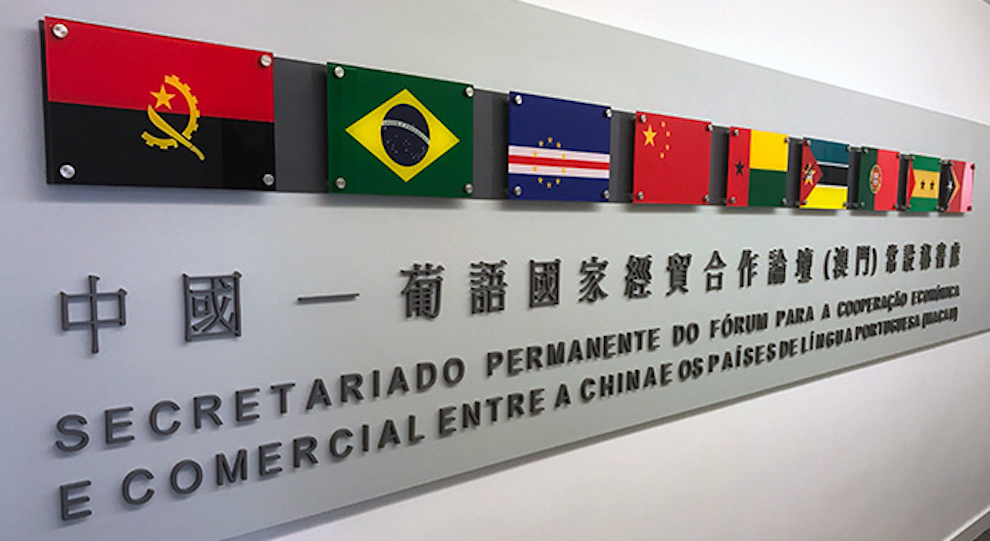The recent fluctuation of the yuan exchange rate is “within control” and the People’s Bank of China is “fully capable” of stabilising the market if necessary, said Ma Jun, an economist from the Chinese central bank speaking on Wednesday. The comments followed the institution’s decision this week to devalue China’s currency.
On Wednesday yuan traded in China – and traded internationally –experienced a sustained fall against other currencies Chinese state-run news agency Xinhua had reported.
The People’s Bank of China announced on Tuesday it had cut its daily reference rate for the yuan against the U.S. dollar by 1.9 percent. It was the biggest one-day drop since 1994.
The adjustments introduced by China’s central bank have made the exchange rate formation system more market-orientated, as it now takes into consideration the closing rate of the interbank foreign exchange market on the previous day, the central bank has said.
Some analysts have wondered whether the latest changes in the yuan exchange rate would lead to competitive depreciation of other currencies in Asia. But Mr Ma said – as quoted by Xinhua – that China “does not have the intention nor the need” for initiating such a move. He also stressed the yuan’s current rate is “near equilibrium”.
Chinese exports declined in July by 8.9 percent year-on-year.
Zhang Yuzhong, Deputy Director of the Investment Promotion Agency of China’s Ministry of Commerce, said on Wednesday – as quoted by Chinese official newspaper China Daily – that the depreciation of the yuan would ease export pressures for domestic manufacturers.
Brazil’s Minister of Development, Industry and Foreign Trade, Armando Monteiro, said on Wednesday – as quoted by Brazilian news outlet Agência Brasil – that the yuan’s depreciation does not pose a problem for his country. Mr Monteiro noted that Brazil’s direct trade relations with China are focused on commodities, an area in which Brazil has “undeniable” competitiveness.
Mr Monteiro acknowledged the devaluation of the yuan would give Chinese manufacturing exporters an advantage in the global market, but he stressed that the Brazilian currency – the real – is also in a good position, as it registered an over 50-percent depreciation in the last 12 months.













